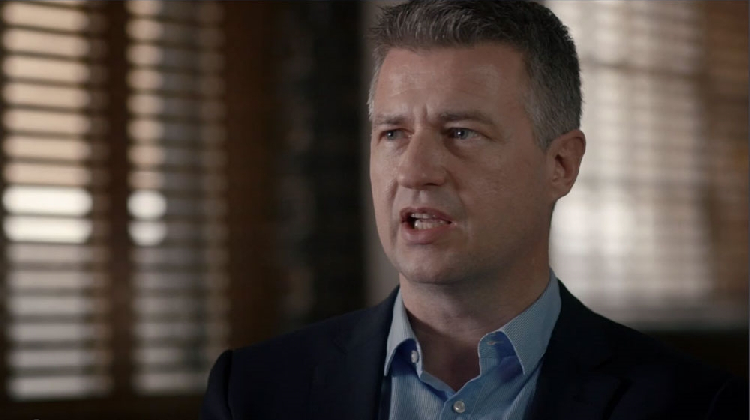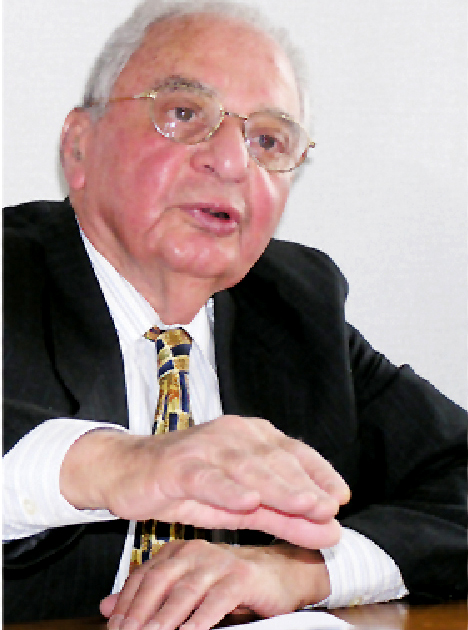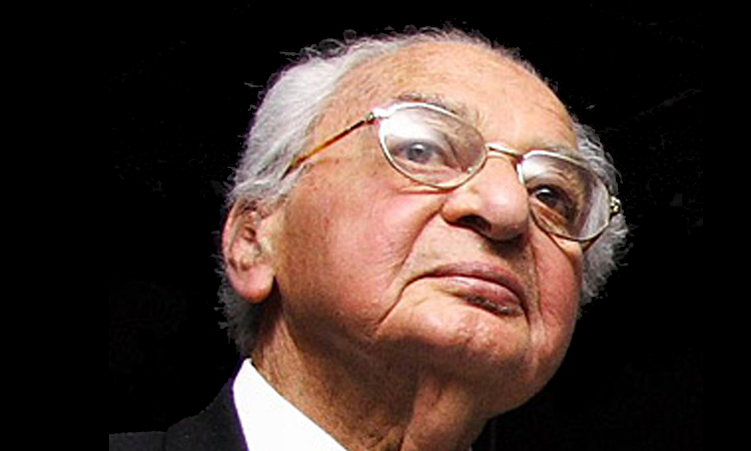Fishrot scandal whistleblower Jóhannes Stefànsson used the influence of one of Namibia’s best-known and most-respected businessmen, Harold Pupkewitz, to set up a meeting with former minister of fisheries and marine resources Bernhard Esau near the end of 2011, according to communication revealed in the Windhoek High Court yesterday.
Stefànsson contacted Pupkewitz, who was the executive chairman of the Pupkewitz group of companies, to request a meeting with Pupkewitz, before he and colleagues from the Icelandic fishing company Samherji visited Namibia in November 2012, email messages sent by Stefànsson show.
When Pupkewitz agreed to have a meeting with Stefànsson, he also offered to help Stefànsson with a planned meeting with Esau, informing him in an email message: “I know him [Esau] exceptionally well since many years.”
This was followed by a letter by Pupkewitz that was addressed to Esau.
In the letter, dated 14 November 2012, Pupkewitz informed the minister he had been requested by a lawyer based in New York to ask Esau “to give a fair hearing” to the company Katla Seafood, represented by Stefànsson and his colleagues Adalstein Helgason and Ingvar Jùlíusson.

Pupkewitz also wrote that the company intended to establish a factory at Walvis Bay, “on the strength of being successful in receiving a yearly fishing quota for horse mackerel”.
He added: “The Icelanders, as I know them, are highly progressive, productive, reliable people and ethical in the conduct of business.
“This request I would not make if I were not confident that it would redound to the benefit of Namibia, not least result considerably in job creation.”
The letter and email communication between Stefànsson and Pupkewitz were disclosed during the hearing of a bail application by Fishrot accused Tamson ‘Fitty’ Hatuikulipi before judge David Munsu.
Hatuikulipi told the court the letter and communication are part of additional evidence that the state disclosed to him in June last year.
According to Hatuikulipi, who is a son-in-law of Esau, this evidence shows that allegations that he introduced Stefànsson and other Samherji group executives to Esau are not true.
Hatuikulipi said the email messages and letter by Pupkewitz showed that Stefànsson and Samherji colleagues were introduced to Esau before he became involved with the Samherji group.
Hatuikulipi also told the judge his relationship with Samherji was based on assistance that he gave to the fishing group to negotiate and conclude joint venture agreements with Namibian fishing rights holders, and his assistance with marketing Samherji’s fish products and developing the group’s business.

He said he introduced his cousin James Hatuikulipi – who, like Esau, is also charged in the Fishrot case – to Stefànsson because James had deeper knowledge of the Namibian fishing sector than he did.
Before joint venture agreements between Namibian fishing rights holders and Samherji were concluded, the rights holders also received offers from other international companies, including entities from Russia and The Netherlands, which wanted to buy Namibian fishing quotas, Hatuikulipi recounted.
The hearing of his bail application proceeded yesterday after Munsu ruled that he can decide if Hatuikulipi’s latest request to be granted bail is based on new facts only after he has heard evidence on the application.
The ruling was given after deputy prosecutor general Hesekiel Iipinge argued on Tuesday that the application cannot be heard, as according to the state it is not based on new facts.
Hatuikulipi has been held in custody since his arrest near the end of November 2019.
He has applied for bail twice, without success, previously.
Hatuikulipi is due to continue with his testimony today.
Stay informed with The Namibian – your source for credible journalism. Get in-depth reporting and opinions for
only N$85 a month. Invest in journalism, invest in democracy –
Subscribe Now!






